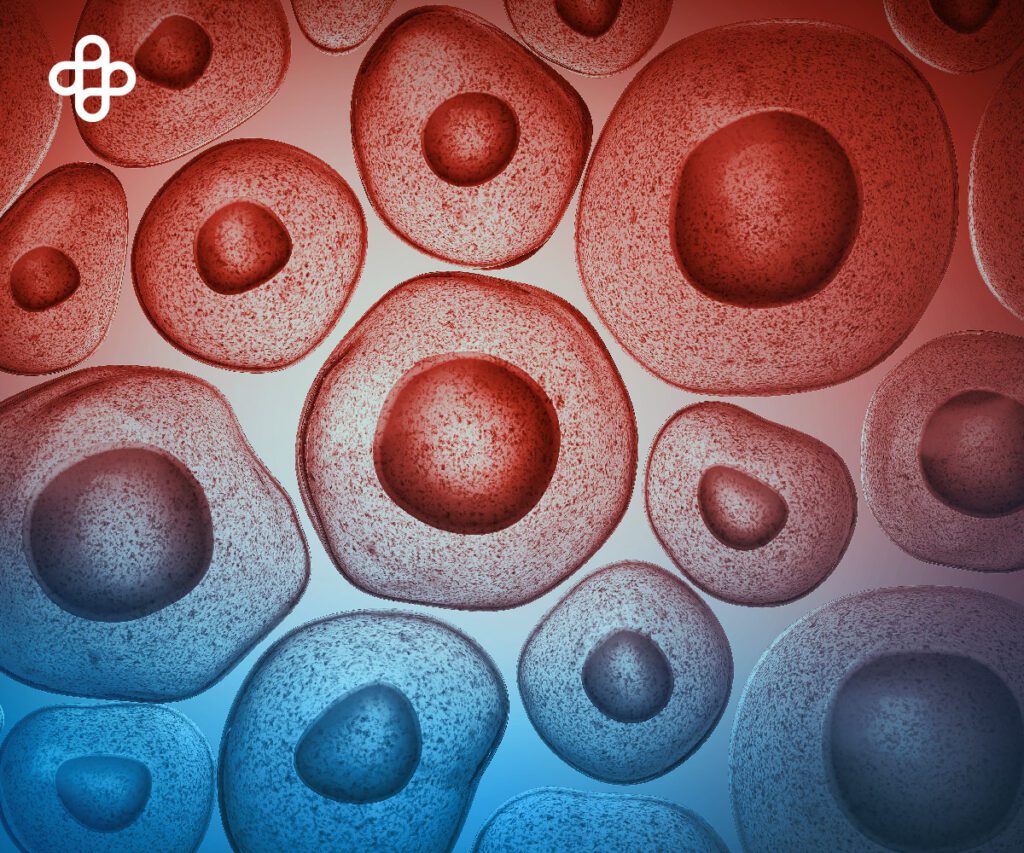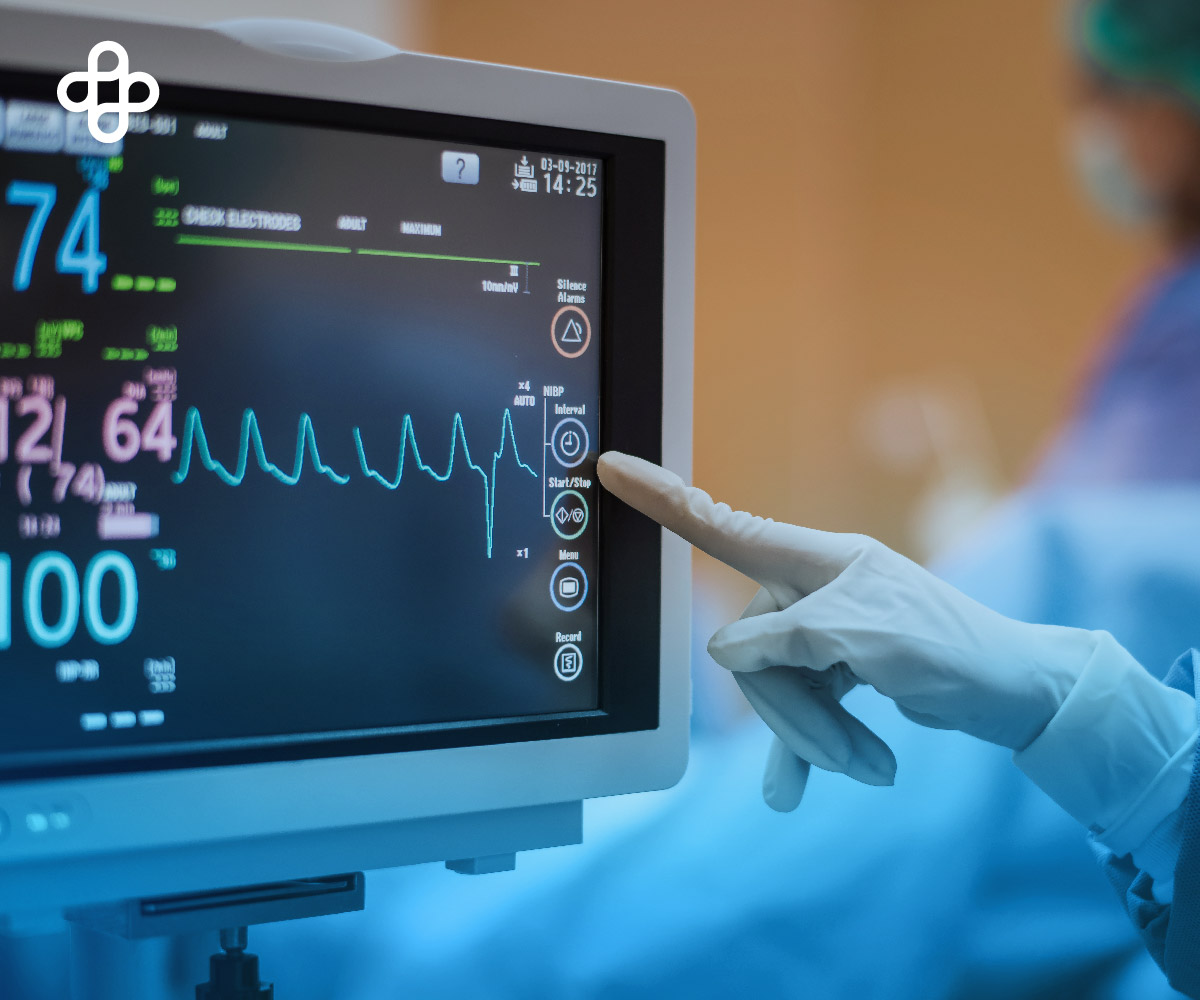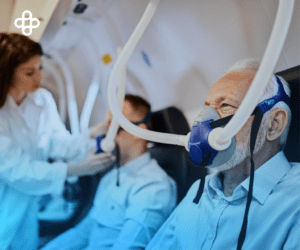Stem Cell Therapy for Heart Condition: Heart diseases, especially dilated cardiomyopathy, where the heart becomes enlarged and weak, are significant health challenges. Current treatments manage symptoms but do not enhance the heart’s natural healing capacity. Recent attention has turned to stem cell therapy as a potential solution. Stem cells can repair damaged tissues and show promise in treating heart diseases. The NIH conducted a study aimed at understanding the efficacy and safety of stem cell therapy in the treatment of dilated cardiomyopathy.
Background on Stem Cells for Heart Disease:
Dilated cardiomyopathy is a heart condition marked by an enlarged and weakened heart. Current treatments aim to slow its progression, but they do not actively regenerate heart tissue. Stem cell therapy offers hope by utilizing the heart’s natural healing potential. Stem cells are unique cells that can transform into various types of cells, which makes them suitable for repairing damaged heart tissue.

Method:
The researchers collected and analyzed data from eight clinical trials involving 531 participants with dilated cardiomyopathy. They looked at whether stem cell therapy could improve heart function and overall well-being. The trials compared patients who received stem cell therapy with those who did not. The study analyzed parameters such as left ventricular ejection fraction (heart’s pumping ability), heart chamber size, and a walking test.
Results:
The analysis of these trials revealed promising outcomes. Patients who underwent stem cell therapy showed improvements in left ventricular ejection fraction, which indicates better heart function. Additionally, their heart chamber size decreased, showing that the heart became more efficient.
Implications:
Stem cell therapy demonstrated the potential to improve heart function and reduce heart chamber size in individuals with dilated cardiomyopathy. This suggests that stem cells could hold the key to regenerating damaged heart tissue and enhancing heart health. However, further large-scale studies are needed to fully confirm the benefits of stem cell therapy for dilated cardiomyopathy.
Challenges for Stem Cell Therapy for Heart Condition:
While stem cell therapy holds promise, it is not without challenges. Safety is a concern, as certain types of stem cells might cause immune reactions. Delivering stem cells effectively to the heart is also complex, as current methods may not ensure adequate delivery to the damaged area. Moreover, making sure that stem cells differentiate into the desired heart cells after transplantation is crucial for successful treatment.
Conclusion:
Stem cell therapy offers a potential breakthrough in treating dilated cardiomyopathy. By using the heart’s natural healing abilities, stem cells have shown the capacity to improve heart function and reduce heart chamber size. Although more research is needed to fully understand and optimize stem cell therapy, its potential benefits could lead to more effective treatments for heart conditions.

Suppose you want to know more about this topic. Be sure to read our article Cell Therapy for Heart Failure.





